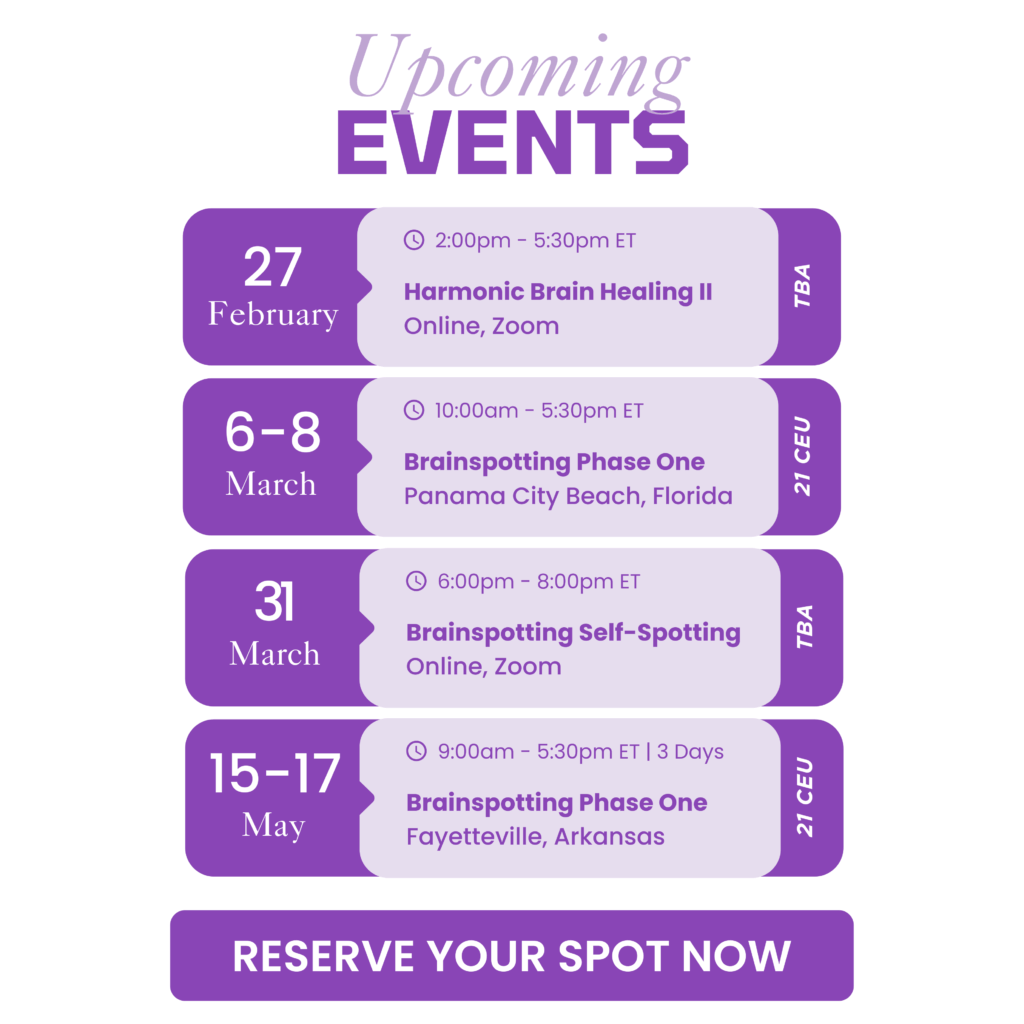The Power of Positive Thinking
Positive thinking is more than just a feel-good mantra. It’s a transformative process that can reshape your brain and, ultimately, your life. Over the past 14 years, I’ve experienced this firsthand and want to share some thoughts on the subject.
Our world is filled with challenges and uncertainties. Being curious about our own attitudes and beliefs helps us approach them with resilience and grace. Insights from psychology, ancient teachings, and quantum physics suggest our thoughts create our experiences. Living in a state of positive thinking may be more powerful than we ever imagined!
Positive Psychology and the Science of Well-Being
Positive psychology focuses on what makes life worth living. It emphasizes the power of positive thinking
to foster resilience, happiness, and overall life satisfaction. Research in this field shows that individuals who regularly engage in positive thinking are more likely to experience improved mental health, stronger relationships, and a greater sense of purpose.
Changing Beliefs for a Brighter Outlook
In The Curious Voyage to Authenticity, a key concept is challenging our rulebook, which is often filled with limiting beliefs. These deeply ingrained thoughts can hold us back from reaching our full potential, but they don’t have to. For example, you might believe you’re not good enough to pursue a particular relationship or career. But what if you could change that thought to knowing it is possible and start living with that truth? What might change for you?
By getting curious, tuning into the impact of our beliefs, and reframing them, you open up new possibilities. Shifting from a “no, I can’t” to a “yes, I can” attitude can clear away anything standing in your way. Research in positive psychology supports this, with various studies showing individuals who practice positive self-affirmations are more likely to persevere in the face of challenges and experience greater well-being. Focusing on positive images can even lift depression. Shifting your mindset in this direction alters your brain’s neural pathways, making positive thinking a natural part of your thought process.
Ancient Wisdom
The power of positive thinking isn’t new information. Ancient wisdom from cultures worldwide highlights the importance of the mind in shaping reality.
Imagine walking the streets of ancient Athens, where Socrates questioned life. His approach to wisdom
wasn’t about delivering grand statements but about engaging others in deep, reflective conversations. He challenged people’s rigid thoughts, opening the door to transformation. This philosophy aligns with the idea that positive thinking is about staying open to change and growth.
Epictetus, a Greek Stoic philosopher born into slavery, believed that while we cannot control the world around us, we can control our responses to it. He taught that the secret to a fulfilling life lies not in changing external circumstances but in changing how we think about them. This ancient wisdom, focusing on cultivating inner resilience and positive thinking, has shaped modern psychology’s approach to well-being.
In ancient India, monks practiced mindfulness and cultivated positive thoughts, emphasizing the mind’s incredible power to shape reality. Indigenous wisdom from North America also highlights the interconnection of all living things, emphasizing how our thoughts extend beyond what we see. Positive thinking is not just a personal practice; it’s a way of harmonizing with the earth and all living beings, bringing balance and harmony to our personal lives and communities.
The Quantum Connection: Shaping Reality
The power of positive thinking might extend beyond psychology and ancient wisdom into quantum
physics. The famous double-slit experiment in quantum mechanics, performed by Thomas Young in 1801, suggested that an observer’s expectations could influence the behavior of particles, hinting that our thoughts might directly impact reality. While this remains a debated topic in the scientific community, it aligns with the idea that positive thinking could influence outcomes in ways we don’t fully understand.
Conclusion: A Journey of Transformation
Positive thinking isn’t about ignoring life’s challenges or pretending everything is perfect. It’s about recognizing the space where thoughts, feelings, and actions can change our reality—a place where science and ancient wisdom meet.
Approach life with an open heart and mind, ready to embrace change and trust your intuition. By shifting your beliefs and trusting in yourself, you can create a life that aligns with your true values and desires.














